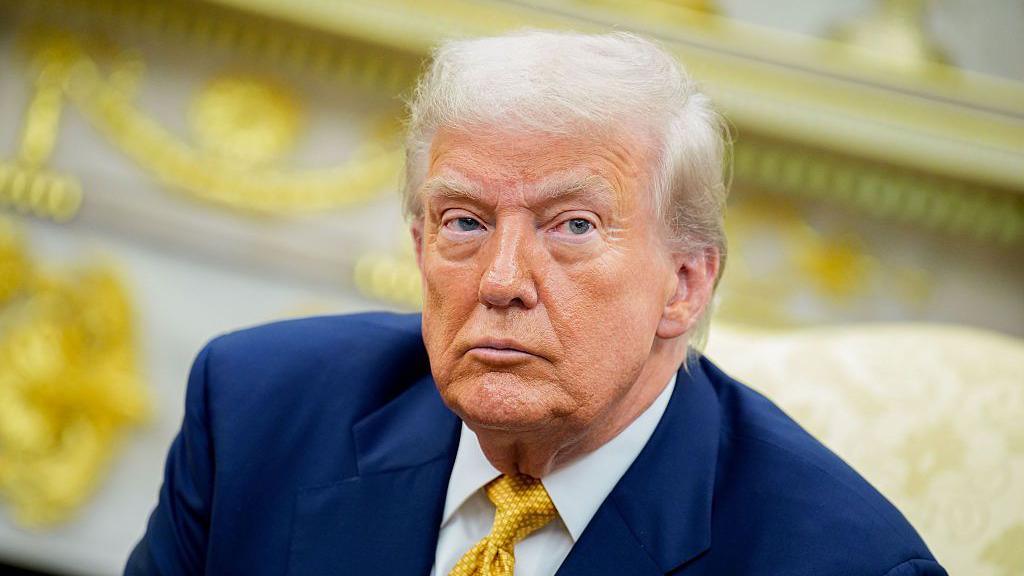A US appeals court has ruled that a significant portion of tariffs enacted by former US President Donald Trump are unlawful, potentially limiting a foreign policy instrument he frequently employed during his tenure.
The decision impacts Trump’s “reciprocal” tariffs, levied against numerous nations globally, in addition to tariffs targeting China, Mexico, and Canada.
In a 7-4 vote, the US Court of Appeals for the Federal Circuit rejected Trump’s justification that the tariffs were authorized under his emergency economic powers, deeming them “invalid as contrary to law.”
The ruling is stayed until October 14 to allow the current administration time to seek Supreme Court review of the case.
Trump had invoked the International Emergency Economic Powers Act (IEEPA), granting the president authority to act against “unusual and extraordinary” threats, as the basis for the tariffs.
Trump had declared a national emergency on trade, asserting that imbalances pose a risk to US national security. However, the court determined that imposing tariffs exceeds the president’s authority and constitutes “a core Congressional power.”
The 127-page ruling stated that the IEEPA “neither mentions tariffs (or any of its synonyms) nor has procedural safeguards that contain clear limits on the President’s power to impose tariffs”.
The court affirmed that the power to impose taxes and tariffs remains vested in Congress and that the IEEPA does not supersede this authority.
The court suggested that Congress likely did not intend, when passing the law, to “depart from its past practice and grant the President unlimited authority to impose tariffs.”
“Whenever Congress intends to delegate to the President the authority to impose tariffs, it does so explicitly, either by using unequivocal terms like tariff and duty, or via an overall structure which makes clear that Congress is referring to tariffs,” the judges wrote.
The ruling stems from two lawsuits filed by small businesses and a coalition of US states.
The lawsuits followed Trump’s executive orders in May, which imposed a 10% tariff on imports from every country in the world, alongside “reciprocal” tariffs on a multitude of nations. Trump declared the date to be America’s “liberation day” from unfair trade policies.
Beyond these tariffs, the ruling also nullifies tariffs on Canada, Mexico, and China, which Trump argued were necessary to curb the influx of drugs and undocumented migrants.
Friday’s ruling does not extend to tariffs on steel and aluminium, which were enacted under a separate presidential authority.
In May, the New York-based Court of International Trade declared the tariffs unlawful, in a ruling that has separately been appealed by the White House.
The president is using a controversial manoeuvre known as a pocket recession to cut billions in foreign aid programmes.
The overstretched Secret Service is required to provide 6 months of protection to former vice-presidents.
The case sets off a potential legal battle, which could reach the Supreme Court, with implications for the US central bank’s autonomy.
The legal case over Trump’s move could have lasting implications for the central bank’s independence.
Lawyers for Dr Susan Monarez say only the president can remove her from her job running the US Centers for Disease Control and Prevention.

